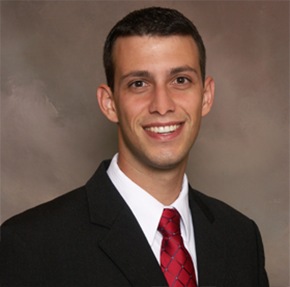When a death occurs the surviving family members are often faced with numerous questions and uncertainties as to their responsibilities. One of the first issues that must be addressed is how the body will be cared for.
In the absence of a Will stating otherwise, a surviving spouse of next of kin has a legitimate claim of entitlement to possess the body of a deceased person for the purpose of burial or other legal disposition. When someone unlawfully withholds a body they create a actionable wrong for which damages may be recovered. One instance would be tortious interference with the disposition of a body. If a spouse of next of kin refuses to claim a body, the county is responsible for burying the decedent and may choose to donate it to science.
In addition to having the right to claim a body, a spouse or next of kin also has the right to select a burial plot and casket unless the decedent made such provisions in a Will or similar document. A decedent can also make a provision in a Will which authorizes the cremation of their body. Such a provision would take priority over any contrary wishes of family members or personal representatives. Under certain circumstances, a medical examiner must be given an opportunity to determine the cause of death and will for that purpose, perform such examinations and/or autopsies as he or she deems necessary. Some of these circumstances include when a person dies (1) of violence; (2) by accident; (3) by suicide; or (4) suddenly, when it apparent good health.
Because it is often difficult for surviving family members to make quick decisions regarding the handling of a body, I always recommend that all estate planning documents contain at least one paragraph outlining the decedent’s wishes and stating the individual(s) given the power to act on his or her behalf.
Check back soon for Part Two which will feature a discussion on funeral expenses and associated responsibilities.
Posted October 7, 2014



